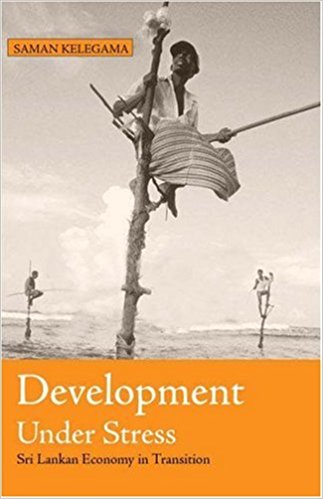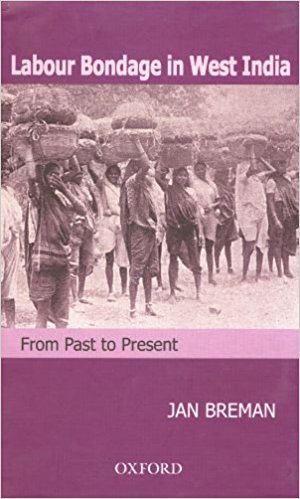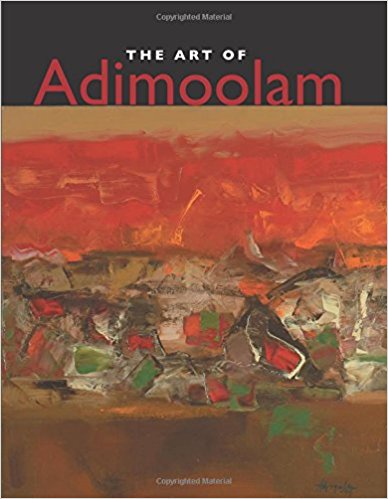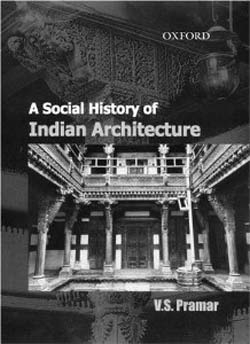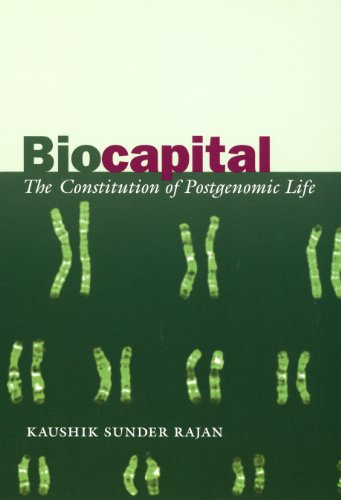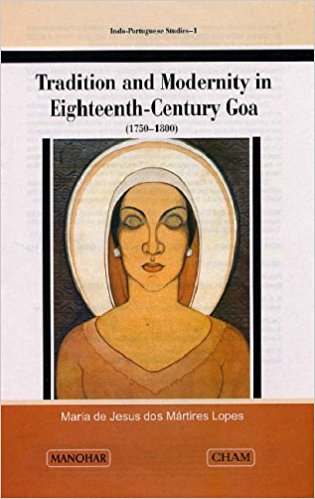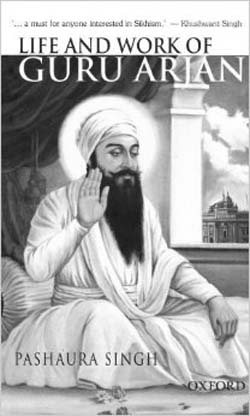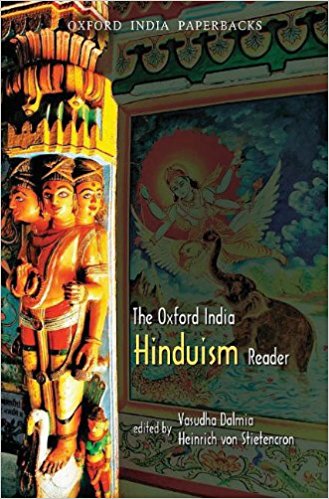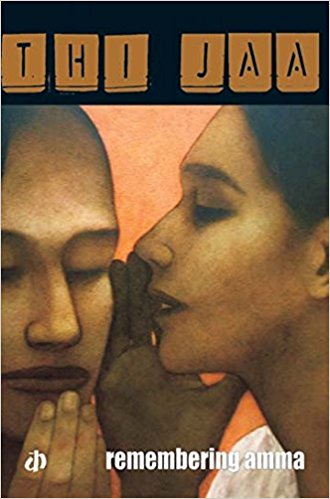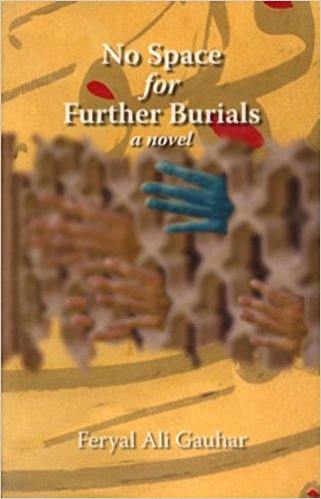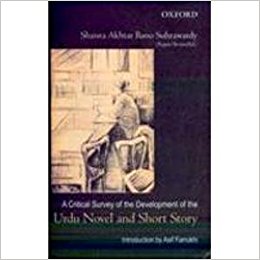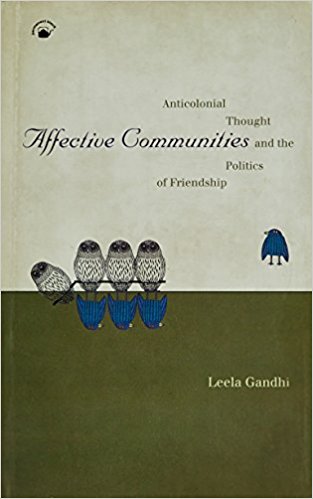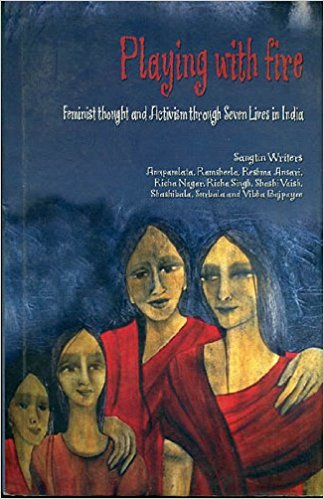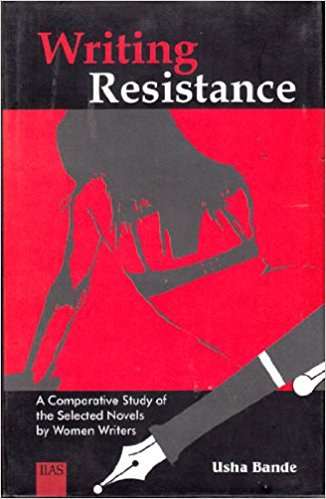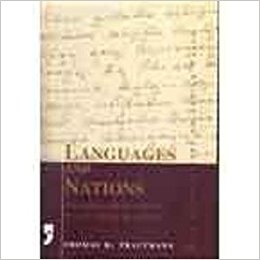Saman Kelegama is a prodigious researcher who has published his work extensively both in Sri Lankan and foreign journals. In the fourteen chapters of Development under Stress he brings together 12 papers that have appeared in such journals as World Development, Developing Economies,
Archives
May 2007 . VOLUME 31, NUMBER 5Professor Jan Breman’s academic engagements with labour relations in India are well-known. It started with his field work in two villages, in the early 1960s, in Surat district of South Gujarat.
This is a compendium volume bringing together two earlier monumental works by Angus Maddison. The first, titled ‘The World Economy: A Millennial Perspective’, was issued in 2001. The second, a companion volume titled ‘The World Economy: Historical Statistics’, was issued in 2003. Both were commissioned by the Organization for Economic Cooperation and Development.
One of the key concerns of a monogram on an individual artist is to draw attention to a body of significant work that might find just passing mention in sweeping art historical overviews. Often,
The central thesis of V.S. Parmar’s book is an important one. In the footsteps of subaltern historians he attempts to shift the focus of architectural history of India away from monumental architecture—palaces, temples,
In October 1980, a relatively unknown company from the San Francisco Bay area called Genentech created history on the New York Stock Exchange by raising US$ 35 million in its IPO. Though the figure itself is puny compared to those bandied about during the dotcom bubble,
This is a much welcome translation of Mártires Lopes original work in Portuguese, first published in 1993, with a second edition (also in Portuguese) in 1999. As the author herself states in the preface to her first edition, this is one of the few times that material from the Pastoral Visits and Church Rolls in Goa has been used.
Subaltern historiography is a comparatively recent discipline in India. With mainstream history appropriating the centre stage for long, the extended historical course traversed by the many subaltern and minority groups in the country on their way to becoming conscious of a distinct identity, remained unexplored until very recently.
The contest over the political identity of Tibet has led to a protracted conflict between Tibet and China and India and China. The Sino-Indian border issue is intrinsically linked with the question of Tibet’s political identity. In India, scholarship on this issue has tended to focus more on the Sino-Indian dimension of the Tibet issue.
An endeavour to reconstruct a religious biography can be formidable. In fact, such a venture which resurrects the lives of those who exemplify the religious spirit of an age can evoke the tendency to fabricate traits, in order to eulogize their portrayals as ideals and icons,
Though now appearing somewhat dated, this is indeed an useful collection of essays that seeks to historicize the dynamic and complex changes occurring among the ‘Hindus’ and to ‘Hinduism’. Barring one, the essays put together for this volume are reprinted from two older anthologies, viz. Representing Hinduism (1995) and Charisma and Canon (2001).
In contemporary Indian literature, modern sensibility could only assert itself through a strong denunciation of what has been considered traditional, of what has been regarded as sacred. Without the strong note of iconoclasm, a writer could not claim to be modern in any meaningful sense.
Like Scent of Wet Earth in August, Feryal Ali Gauhar’s second novel, No Space for Further Burials, began as an idea for a film. It was to be based on the aftermath of the 1989 Soviet pullout from Afghanistan and the three-year war between the Serbians and Bosnians that began in 1992.
By the early nineteenth century the Urdu language had perfected and polished itself to such a sheen that it shone like burnished gold. It had honed its vocabulary to express the noblest emotions and refined its syntax to convey the most complicated expressions with ease and finesse. As a language, it had come of age.
Leela Gandhi’s Affective Communities: Anticolonial Thought and the Politics of Friendship is a quintessentially Gandhian essay, and not simply because she is a Gandhi. It is Gandhian in its ethical surplus, in making a religion out of morality.
The core of Playing with Fire is formed by the English version of the Hindustani Sangtin Yatra (2004), a moving and powerful reflection by seven women, village-level workers and activists, on their fraught lives and work in Sitapur district, in the Awadh region of Uttar Pradesh.
An important task for all those interested in tracking the trajectory of Women’s Studies in India would be to undertake a review of the many different discourses on women generated by feminist scholarship, women’s activism and the institutionalization of Women’s Studies.
This book is a part of the series on New Perspectives on Indian Pasts edited by Saurabh Dube. The theoretical premises that underline the need for such a series are as follows: (1) that formal academic histories and historical thought have tended to authenticate given structures of power and meaning; (2) that visions of the past are rooted in contemporary political interrogations and contestations,

